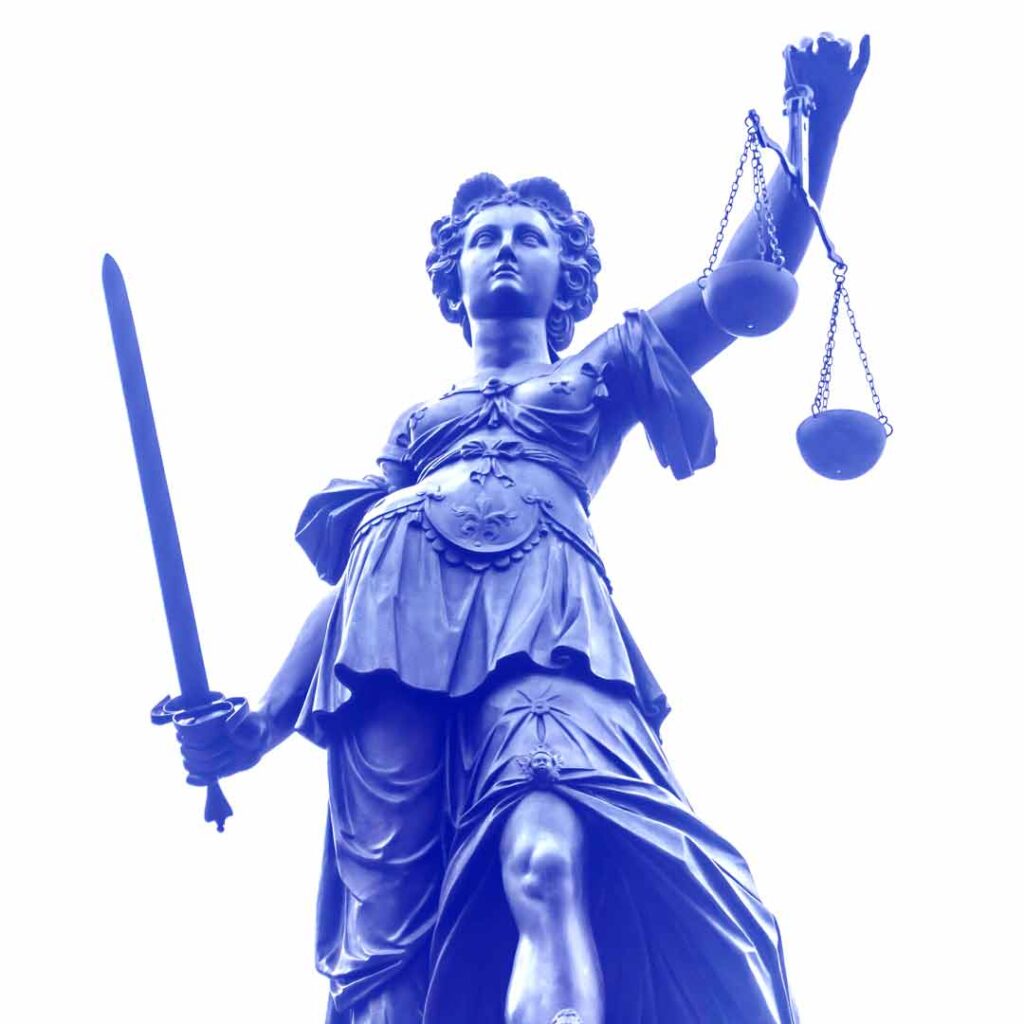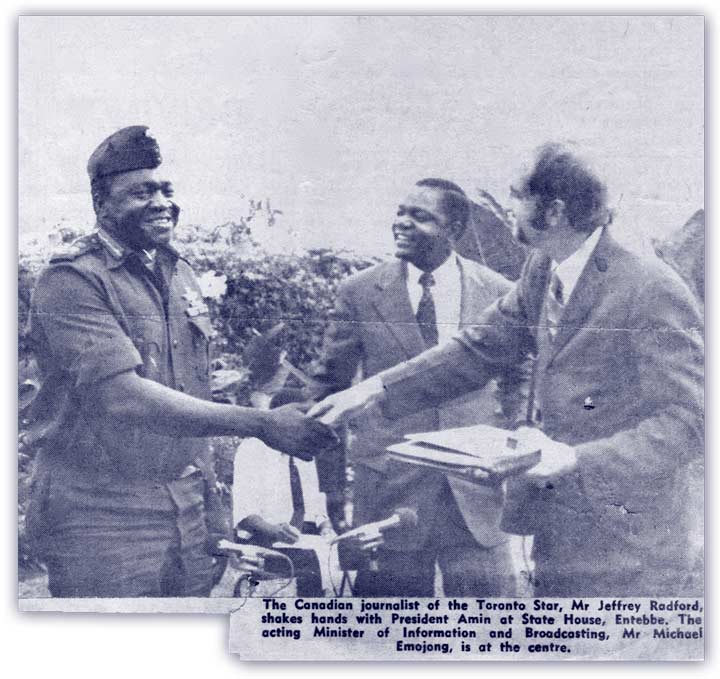GUARDRAILER VALUES: BUILD BRIDGES NOT BARRIERS

A crucial aspect of Guardrailer work is to develop lines of communication with fellow humans from all across the political spectrum. From ultra-conservatives to ultra-liberals, few if any U.S. citizens would prefer a dictatorship or a police state. Presumably, none want pervasive presidential over-reach. None want the federal government meddling in our personal matters, interfering with business decisions or eroding our Constitutional rights.
Keeping those mutual desires in mind, seek out opportunities to speak to people whose political views may be different from your own. Find ways to build community, not erect barriers. Such sharing of views can be done casually, over coffee at neighborhood cafes, or at forums sponsored by The Guardrail Society or another civic organization such as the League of Women Voters. There is a lot to gain when listening to understand, rather than listening to respond or to prepare a rebuttal. And sometimes it may be best not to make any counter-argument at all, perhaps waiting until the next encounter. Alternatively, even when writing a response to a controversial letter to the editor in a local newspaper, try to state areas of agreement so that your views are not entirely confrontational.
THE GUARDRAIL SOCIETY

MEMBERSHIP OR AFFILIATION CONFIDENTIAL: No roster of Guardrail Society members or affiliating individuals is maintained. Steps have been taken to maintain confidentiality of participants, given some citizens’ reasonable concerns about retaliation despite Constitutional protections. Participants’ experience derives from life in apartheid South Africa, Venezuela, China, Iran, Uganda, Brazil and Chile among other known centers of police state repression.
If you want to be active as a Guardrailer just do it. We have no membership applications to fill out — in fact, that’s the kind of activity that is expressly avoided. No dues to pay, no reporting requirements, although we would like to know what you’re doing through secure means of communication. In the early stages of the Society’s work, that communication is done mostly by word-of-mouth to participants around the country. We have no corporate officers and no reporting responsibilities as a nonprofit or as a registered non-governmental organization.
The Society does not advocate, nor condone, illegal activities. But since your activities, though legal, could still be met with governmental or social retaliation, we have no membership lists or other records of citizens who affiliate.

If you wish to work on Guardrail Society issues, you may discover opportunities posted on this website or through in-person meetings. While the Society emphasizes the need for U.S. citizens to prepare for the kinds of repression that occurs in police states (see guidance at another section of this website) we are optimistic that fundamental elements of American democracy will withstand contemporary attacks. To that end, Guardrailers should redouble their resolve to correct imbalances through the ballot box. Help fund the campaigns of your preferred candidates, at all levels of government, Even more importantly, work tirelessly to persuade other potential voters At this time, the mid-term elections for Congress should be highest priority, in hopes of restoring the balance of power enshrined in the U.S. Constitution.
Among other opportunities for Guardrailer work are rot encourage federal employees to come forward as whistle blowers and volunteering for civics education in your community or your schools.

JEFF RADFORD
FOUNDER OF THE GUARDRAIL SOCIETY

The public face of The Guardrail Society is the retired journalist Jeff Radford, based in Corrales, New Mexico but active on political and social issues worldwide. After serving as a public participation specialist for the U.S. Department of the Interior’s Bureau of Land Management (BLM) in New Mexico, he resigned as a whistleblower on the excesses of Interior Secretary James Watt during the Reagan Administration. As a journalist reporting from Africa, Radford experienced police state apparatus and operations in apartheid Republic of South Africa and in Idi Amin’s Uganda, as well as in other nation-states transitioning from colonial rule. Post-apartheid, he was an accredited Observer for South Africa’s Truth and Reconciliation Commission in Durban and Johannesburg. He lived and worked under a military dictatorship in Brazil while completing a fellowship with the Inter-American Press Association (IAPA) in 1973-74.

